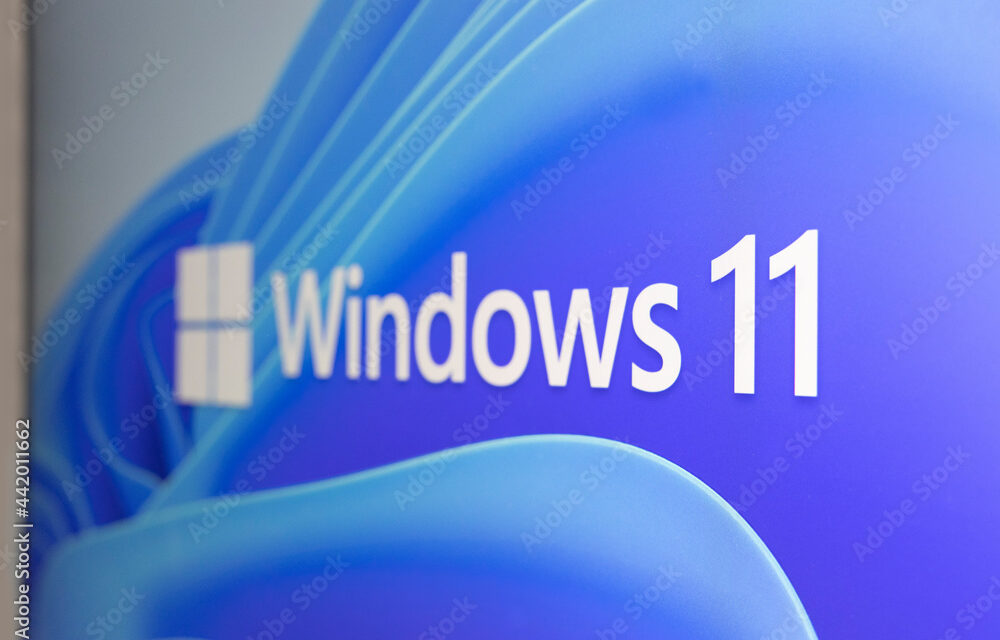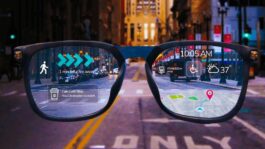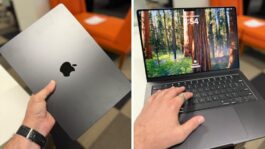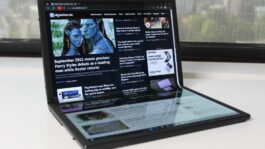Article Summary
Microsoft’s decision to end free upgrades from Windows 10 to Windows 11—combined with stricter hardware requirements—has triggered a notable shift in user behavior. Millions of users now face the choice of upgrading their devices or paying for the new OS, prompting many to explore alternatives. Linux has surpassed 5% market share in the U.S. for the first time, while Apple’s share continues to grow. Users cite privacy concerns, frustration with forced updates, and resistance to data collection as key reasons for switching. Although StatCounter’s data contains inconsistencies regarding macOS versions, the broader trend is clear: the Windows ecosystem is losing ground as consumers seek more control and transparency in their computing experience.
Local Business Types for Broadcasters to Consider Contacting
- Mobile Carrier Stores – These retailers can position themselves as upgrade hubs, offering Android, iPhone, and Chromebook solutions for users transitioning away from Windows.
- Community Colleges or Adult Education Centers – Ideal partners for promoting digital literacy courses and OS training programs that help users adapt to new platforms.
- Local Electronics Recyclers – As outdated Windows devices are phased out, recyclers can promote eco-friendly disposal services and device trade-in incentives.
Three Creative Campaign Ideas for Broadcasters to Consider
- Radio Station Commercial Idea: “Escape the Upgrade Tax” – A humorous ad featuring a fictional character dodging hidden fees and forced upgrades, only to discover freedom with Linux or Mac.
- TV Station Commercial Idea: “Life After Windows” – A local tech expert guides viewers through alternative platforms, highlighting privacy benefits, ease of use, and cost savings.
- Digital Advertising Campaign Idea: “Your OS, Your Rules” – Interactive ads let users compare platforms based on values like privacy and control, linking to local businesses offering upgrade solutions.
Source Acknowledgment
This LBS Ad Intel summary is based on information from Computerworld.









